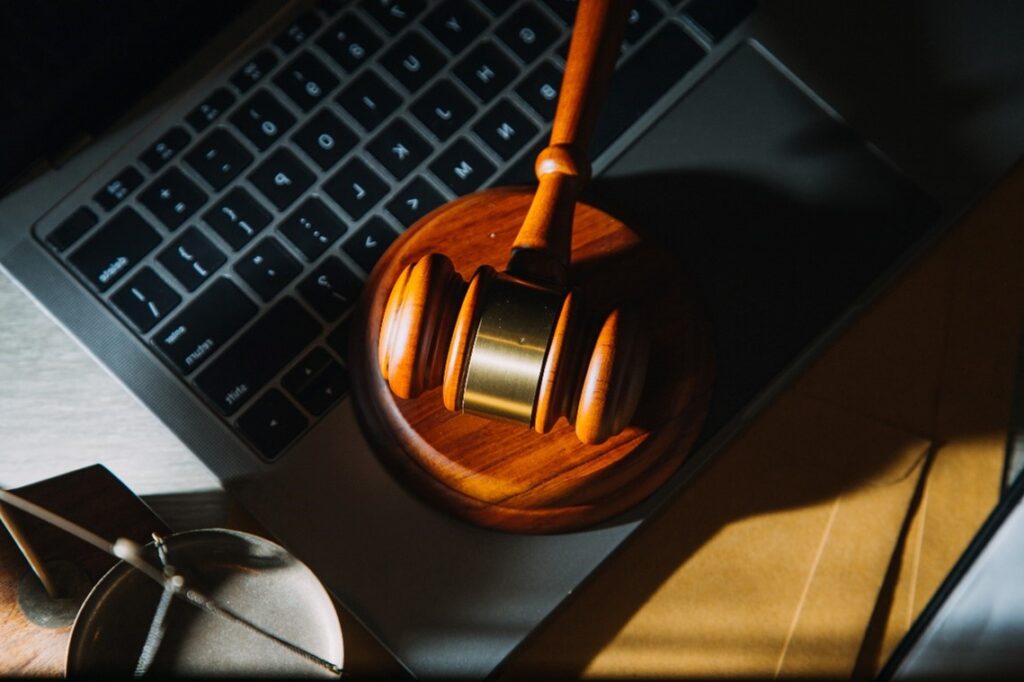
Rapid technological development has impacted personal and professional lives around the world. Likewise, such advancements have transformed the legal field, aiding and streamlining lawyers’ mundane tasks, giving them time to focus on more pressing matters.
Analysts estimate that legal tech can save 23% of lawyers’ time through automation, freeing two hours of their ten-hour-working-day schedule. From court filing efficiencies to smart contracts to CRM tools to AI predictions, national and international law firms are feeling the positive effects of the technological revolution.
Tricia A. Bigelow says that in a field that requires exceptional accuracy, the digital age and its plethora of innovative tools is working wonders.
Court Filing Automation
Automating the processing of NEFs or ECFs (i.e., Notice of Electronic Filings) is one of the most immediately impactful tools, as the entire flow is handed over to algorithms — accessing/downloading filed documents, storing them in the relevant places, and distributing copies to those who require them.
As of September 2023, a myriad of services exist in the space to boost staff efficiency, reduce delay-caused risks, eliminate errors, and offer visibility in an otherwise tricky-to-manage process. According to one law firm who recently processed their 100,000th court notice, automation saved 13,500 staff hours.
AI Predictions
A report from the University of Oxford mentioned AI-assisted technology has also enhanced legal operations. Not only is it used in contract creation/review, but it’s recently started offering incredible insights that increase firm profitability and productivity.
While they aren’t fully developed yet, AI-led advisory chatbots and outcome prediction tools could change the way lawyers advise clients on a daily basis when completely up and running. The limitations of which are unfounded.
Courtroom-based AI is also in the works, boasting the potential to radically transform a field that’s otherwise stayed relatively stagnant. Teams from the University College London, University of Sheffield and Pennsylvania programmed a system that correct predicted 584 case outcomes heard by the European Court of Human Rights, displaying a 79% accuracy rate.

Smart Contracts
Smart contracts using software such as Contract Express and blockchain tech automate the contract drafting process, saving time for contracting parties and lawyers. Couple that with AI-powered reviewing technologies and the productivity enhancements are innumerable.
Customer Relationship Management (CRM)
Law firms aren’t successful without their clients. Thus, customer acquisition and satisfaction are the core values of such businesses — objectives that have become easier to achieve with the introduction of CRM tools.
Such software automates the major parts of acquisition like marketing, sales, and customer service. But it doesn’t stop there. Once clients are onboarded, the centralized database streamlines communication between lawyers and customers to ensure satisfaction.
eDiscovery
eDiscovery is the method of identifying, procuring, and producing ESI (or electronically stored information) in a litigation. The software offers search engines that eradicate the monotony of information management and legal research. With the right tools, lawyers can guarantee security (thanks to the auto-redaction features that comply with privacy laws) and content ingenuity of the discovered papers and documents.


